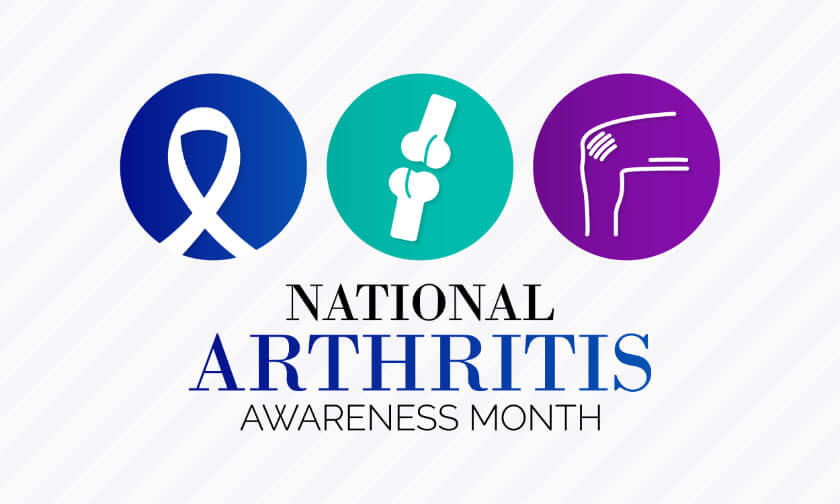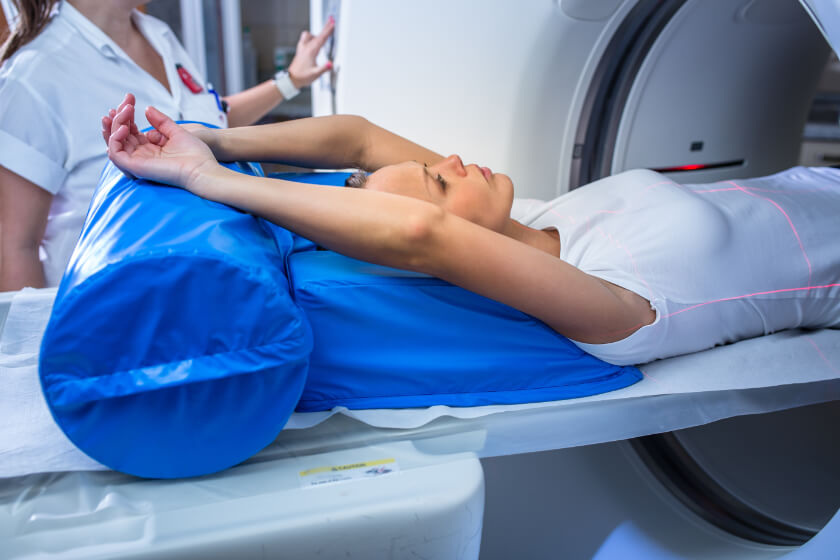What is a urogram?
Aurogram, formerly referred to as an intravenous pyleogram (IVP), is a diagnostic imaging procedure that uses x-rays combined with contrast agents, or dyes, to obtain images of the urinary tract – specifically, the kidneys, bladder and ureters, the tubes that connect the kidneys to the bladder. The contrast dye is injected into a blood vessel in your arm and travels through the bloodstream, collecting in the urinary tract and the kidneys so they can be seen more easily on an x-ray. A urogram is an effective way of assessing both the function and the structure of the bladder, ureters and kidneys.
When is a urogram used?
Urograms are used to evaluate problems with the urinary tract and kidneys, including anatomic abnormalities and other issues that may be affecting the organs’ abilities to function. It’s frequently used to help diagnose issues that may be causing symptoms like pain or discomfort in the lower back or sides or when blood is present in a urine sample. A urogram can be especially useful in diagnosing conditions like:
- kidney stones
- bladder stones
- tumors affecting the bladder, kidneys or ureters
- congenital (present at birth) deformities and anatomical defects
- enlarged prostate gland (in men)
- kidney cysts
Urograms are also useful in monitoring how well a prescribed treatment is working and in assessing the kidneys and bladder following surgery.
What is the procedure like?
Before the procedure, you’ll need to remove jewelry and other metal objects and you will usually be asked to change into a medical gown. During the exam, you’ll lie flat on the x-ray table and a series of images will be taken without the contrast agent. Once those initial images are made, the contrast material will be injected into a vein in your arm. You may feel a slight sensation of warmth that will disappear after a few moments. As the material gathers in your kidneys and bladder, more x-rays will be taken. You’ll need to lie very still to ensure the images are as clear as possible, and you may be asked to hold your breath at different times so the area can be seen more clearly by the x-ray machine. As the contrast agent is processed, additional x-rays will be taken to assess how well the kidneys are functioning and to look for signs of blockage. You may be asked to assume different positions during the exam, and in some cases, a special bandage may be placed around your belly to compress the area so clearer images can be taken. At the end of the procedure, you may be asked to urinate so images can be made of the empty bladder. The length of the procedure depends on how quickly the agent passes through your kidneys. In most cases, the urogram procedure will take about an hour to complete, but in some patients, it may be longer.
A urogram can provide your doctor with critical information about your health so your care and treatment can be better managed. To learn more about the urogram procedure or to schedule an urogram, call RAI at 609-585-8800.
Available Locations
Preparation Instructions
-
-
- The day before your exam you must have a liquid diet (tea, clear broth, jello, or clear fruit juices).
- At 8 pm, the night before the exam, drink one 10 oz bottle of “Citrate of Magnesia”.
- Between 8 pm and midnight, the evening before your exam, drink five 8 oz glasses of water or clear fruit juice.
- At 10 pm, the evening before your exam, take 4 Dulcolax tablets with water
- Have nothing to eat after midnight.
- The morning of your exam, administer a “Fleet’s” enema at 6:30am – follow directions on the package.
- Do not eat breakfast the morning of your exam.
- Take your daily medication with small amounts of water or clear fruit juice.
- Patients who have diabetes or renal disease require special care because the kidneys are involved in excretion of the contrast from the body. These patients should consult with their physicians about proper scheduling.
- If you are Diabetic: DO NOT take Metaglip, Glucophage, Glucovance, Avandamet (or any drug containing Metformin) the day of your exam.
-





